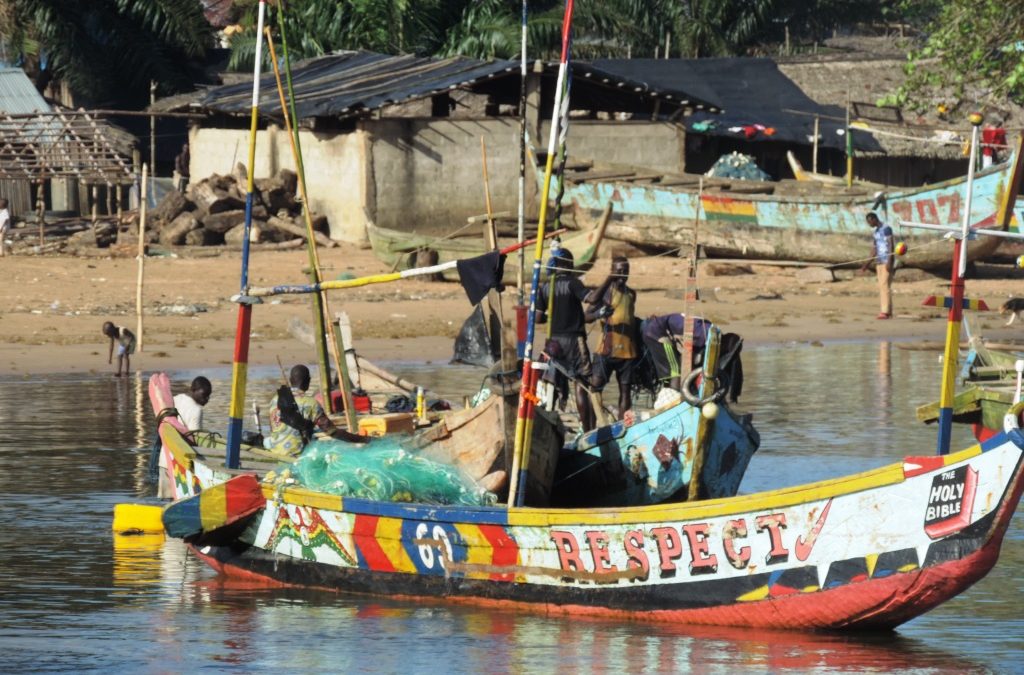Today is World Fisheries Day and we want to use this opportunity to congratulate Ghana’s fishermen and women who are also working hard to ensure there is fish for us all.
It is important to note that Ghana’s fisheries industry contributes significantly towards the social, cultural and economic development of the country. The sector supports the nation’s economic development objectives relating to food security, poverty reduction, GDP and foreign exchange earnings. Fisheries also provide direct employment for about 10% of the Ghanaian population, Fish also provides the Ghanaian consumer with about 60% of his or her animal protein needs and supplies naturally augment food availabilities ensuring good nutritional outcomes particularly to the poor and rural population. The vast number of people engaged in the fishing industry earn incomes that improve upon their access to food, medicine, clothing and other basic necessities of life. The fisheries sector indeed has far-reaching implications for food security in Ghana.
However, the sector is currently faced with the challenge of declining marine fisheries resources culminating from weak governance that has tolerated wasteful over-capacity, conflicts and widespread Illegal, Unreported and Unregulated (IUU) fishing. Concerns have been raised over weak monitoring and enforcement of fisheries laws, fishers use of unsustainable and harmful fishing methods that is contributing to over fishing and destruction of critical coastal fisheries habitats. This is a worrying observation, since the fish stocks are highly depleting.
As we celebrate world fisheries day today, there is the urgent need to reflect on how to sustain the fisheries industry.
Because Ghana fisheries industry if sustainably managed will continue to provide the ecosystem goods and services for multitude of people who depend directly and indirectly on the resources. Improving the governance of the sector is key in this regard, especially increasing the adoption of sustainable fishing practices and reducing over fishing is the only way Ghana can sustain fisheries to ensure local marine food fish supply and bring greater profitability. Promoting compliance and enforcement of the fisheries laws is crucial and this must begin with a comprehensive strategy. In the process, there are hard choices to be made and some radical actions to be taken if a quick rebound is expected. Improved communication to increased constituencies that provides the political will and public support necessary to make the hard choices and changed behavior is needed to rebuild Ghana’s marine fisheries sector.

